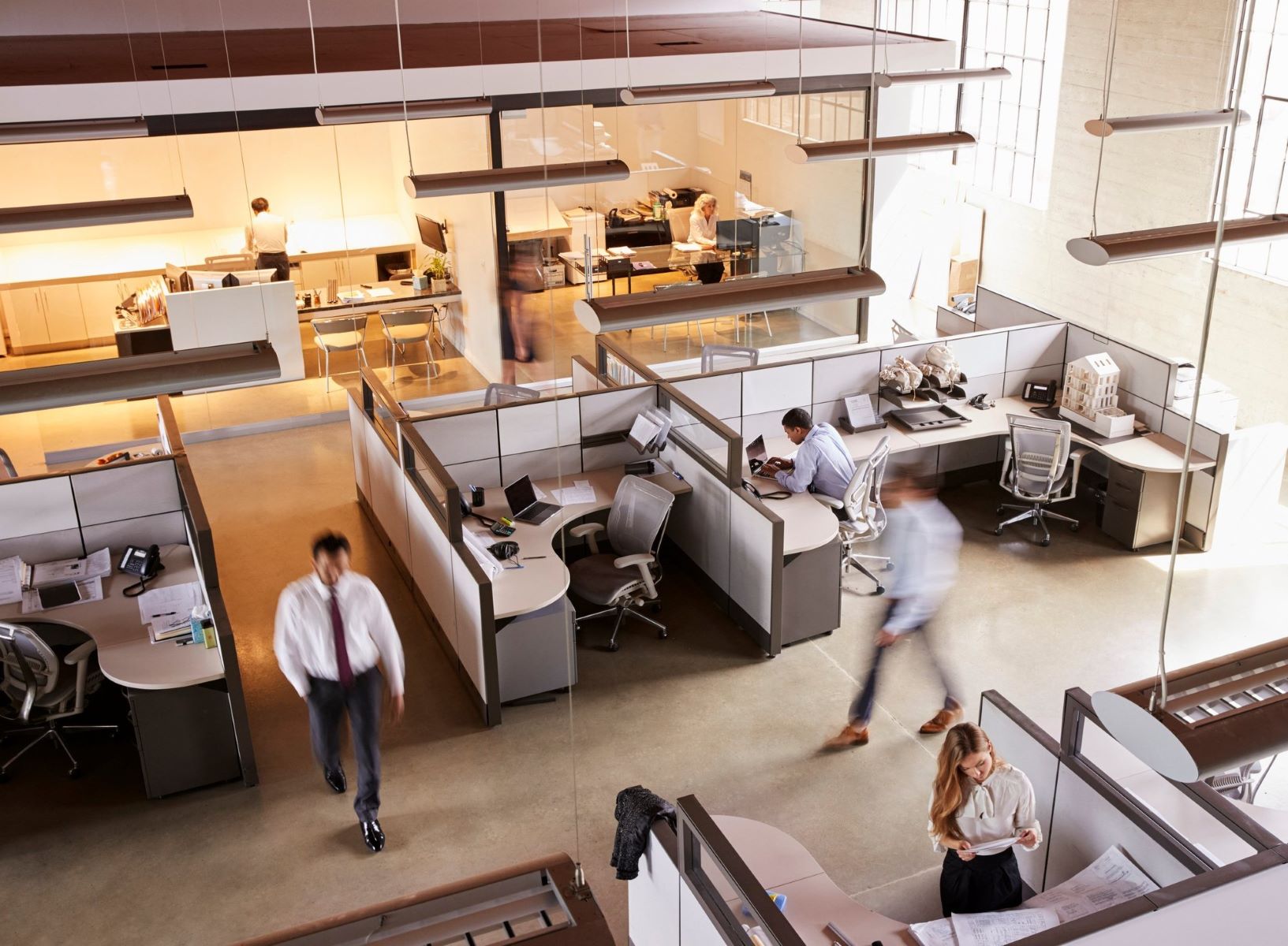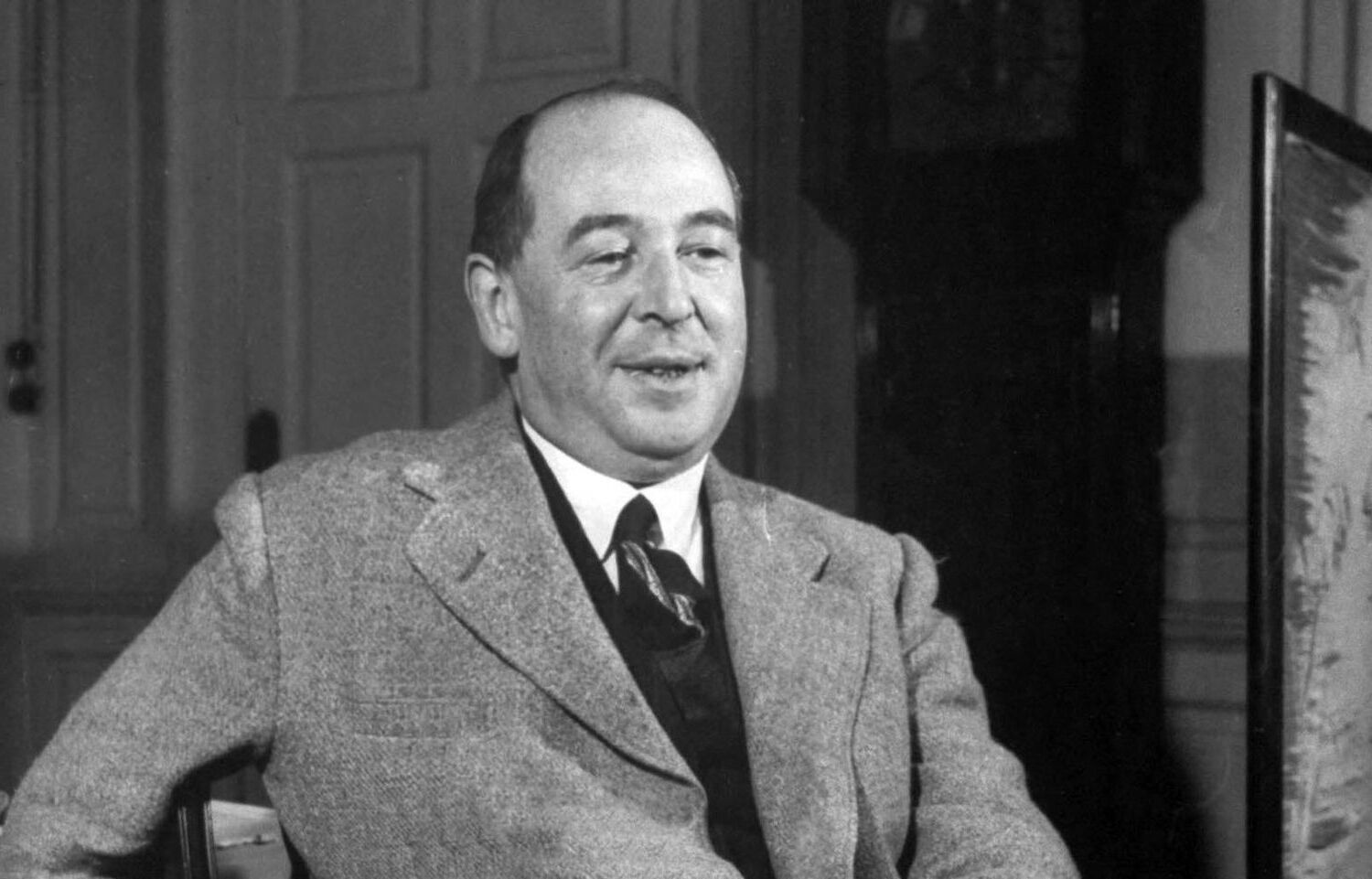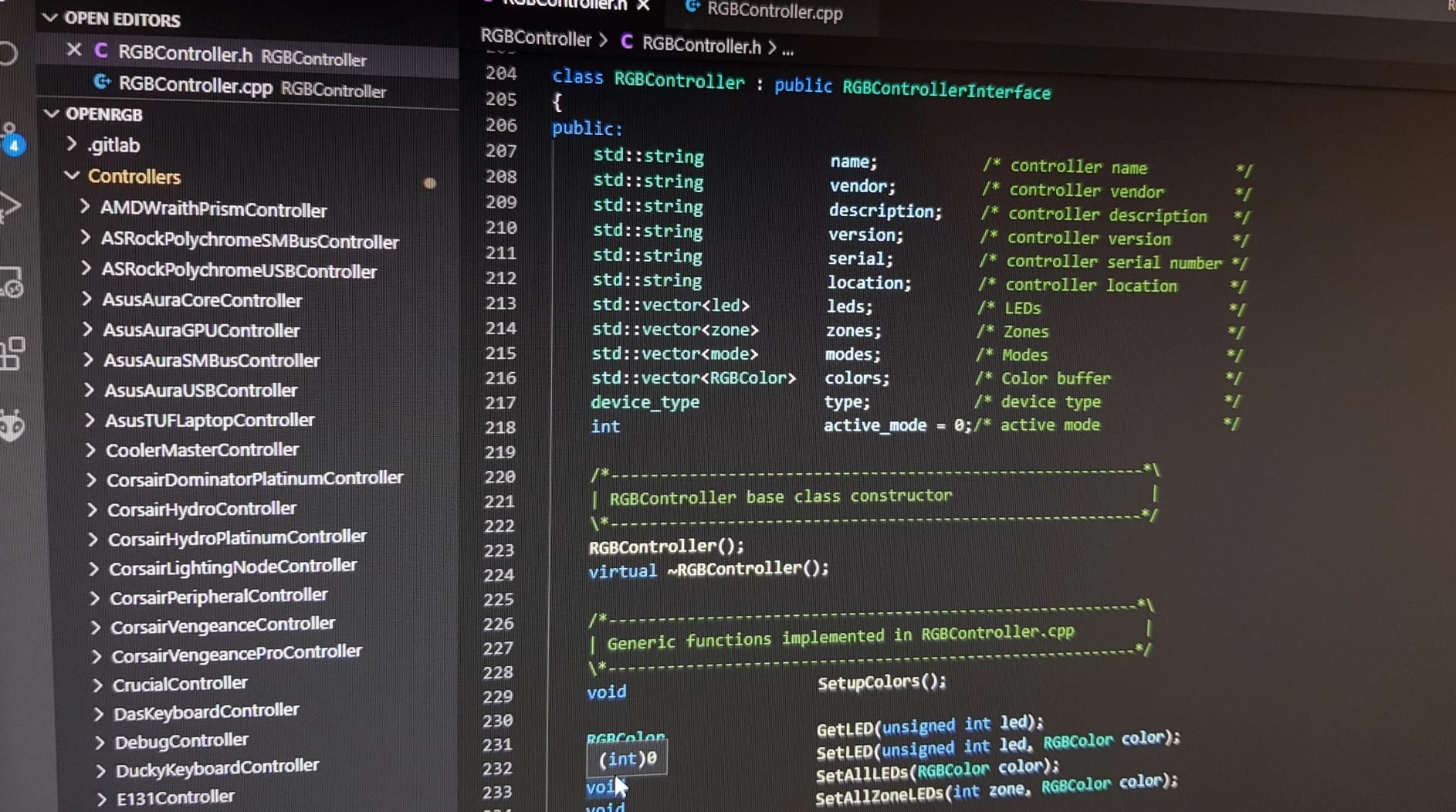
Ever wondered why that snug little space where you grind away hours, sipping coffee and shuffling papers, gets its own day of celebration? National Cubicle Day, celebrated on April 28th, is more than just an ode to the humble office cubicle; it's a nod to the millions who innovate, create, and collaborate in these personal workspaces. From the maze of partitions in bustling offices to the solitary cubicle standing in a quiet corner, each one has a story. Why do we dedicate a day to honor these compact corners of the corporate world? Because they are where ideas take flight, where the magic of the mundane unfolds, and where much of the workforce spends a significant chunk of their waking hours. Let's dive into the quirky, the unknown, and the downright fascinating facts about National Cubicle Day.
Key Takeaways:
- National Cubicle Day celebrates the unique and personal workspaces within office cubicles. It's a day to recognize the creativity and individuality that employees bring to their small, segmented areas.
- Cubicles have influenced work culture by balancing privacy and accessibility, but they are evolving to accommodate modern work trends like remote work and flexible office designs.
What is National Cubicle Day?
National Cubicle Day, celebrated on April 28th, honors the quintessential element of many office environments: the cubicle. This day recognizes the importance of creating a personal and productive workspace within the often uniform and confined cubicle. It's a nod to the millions who spend their workdays in these small, segmented spaces, highlighting the creativity and personalization that workers bring to make these areas their own.
The Origin of the Cubicle
- The concept of the office cubicle was introduced by designer Robert Propst in 1964. His vision was to improve workplace efficiency and flexibility, allowing employees to have their own semi-private working areas within large, open-plan offices. This innovation was initially called the "Action Office II" and was developed for the Herman Miller furniture company.
How to Celebrate National Cubicle Day
-
Personalizing your cubicle is a popular way to celebrate. Adding photos, plants, or even small gadgets can transform your work area into a more comfortable and inviting space.
-
Organizing a cubicle decorating contest at work encourages creativity and team spirit. Prizes for categories like "Most Creative" or "Best Theme" can make the day fun and engaging for everyone.
-
Sharing your cubicle makeover on social media can inspire others to revamp their workspaces. Use hashtags like #NationalCubicleDay to connect with a wider community celebrating the day.
The Impact of Cubicles on Work Culture
-
Cubicles have significantly influenced work culture by balancing privacy and accessibility among coworkers. This setup facilitates easier communication compared to traditional offices, while still providing a sense of personal space.
-
However, critics argue that cubicles contribute to a sense of isolation and hinder collaboration. This has led to the rise of open-plan offices aimed at fostering a more collaborative environment.
The Future of Cubicles in Modern Workplaces
-
With the increase in remote work, the relevance of cubicles is evolving. Companies are reimagining office spaces to accommodate hybrid work models, where cubicles may play a different role or be redesigned for flexibility and social distancing.
-
Innovative cubicle designs are emerging, focusing on ergonomic features and sustainability. These modern cubicles aim to enhance comfort and reduce environmental impact, reflecting changing priorities in workplace design.
Fun Facts about Cubicles
-
The largest cubicle maze was created in 2010, covering an area of 1,138 square meters. This record highlights the cubicle's iconic status in office culture.
-
Some companies celebrate National Cubicle Day by allowing employees to work from home, acknowledging the shift towards more flexible work arrangements.
-
The term "cubicle" comes from the Latin word "cubiculum," meaning bedroom or sleeping chamber. This origin is somewhat ironic, considering cubicles are designed for work, not rest.
-
Studies have shown that personalizing cubicles can lead to increased job satisfaction and productivity. This supports the idea that a personalized workspace is crucial for employee well-being.
-
Despite mixed opinions about cubicles, they remain a staple in many offices worldwide. Their adaptability and the privacy they offer continue to make them a viable option for many businesses.
A Final Nod to Cubicles
National Cubicle Day on April 28th serves as a reminder of how these compact workspaces have shaped our work culture. From fostering a sense of personal space in bustling offices to becoming symbols of the corporate world, cubicles have played a pivotal role. Celebrating this day can be as simple as personalizing your cubicle or acknowledging the productivity and privacy it offers. Let's use this occasion to appreciate the cubicle's contribution to our professional lives. Whether it's through a small decoration, a thank-you note to its inventor, or just a moment of gratitude for our own little corner, recognizing the value of our cubicles can make our workday a bit more pleasant. Here's to the humble cubicle, may it continue to be a haven of productivity and personal expression in the ever-evolving landscape of work environments.
Frequently Asked Questions
Was this page helpful?
Our commitment to delivering trustworthy and engaging content is at the heart of what we do. Each fact on our site is contributed by real users like you, bringing a wealth of diverse insights and information. To ensure the highest standards of accuracy and reliability, our dedicated editors meticulously review each submission. This process guarantees that the facts we share are not only fascinating but also credible. Trust in our commitment to quality and authenticity as you explore and learn with us.


